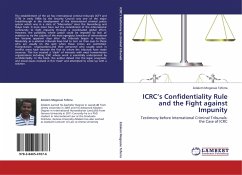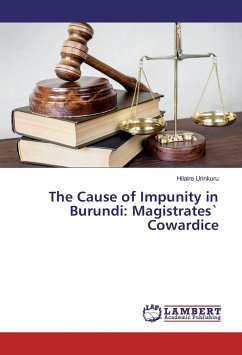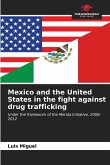The establishment of the ad hoc international criminal tribunals (ICTY and ICTR) in early 1990s by the Security Council was one of the major breakthrough in the development of the international criminal justice system which was in a state of "hibernation" since the Nuremberg and Tokyo trials. It once more bore out the commitment of the international community to fight impunity through a coordinated global effort. However, the possibility where justice could be impeded by lack of evidence to try the culprits of the most egregious breaches of international law became apparent days after the tribunals began to function. Resolutely, as a solution tribunals have had to turn on their eyes to those who are usually on the spot when those crimes are committed. Humanitarian organizations and their personnel who usually work in conflict areas have become the first to whom the tribunals have made recourse. This has created a "clash" of interests with most humanitarian organizations includingICRC whose work is essentially underpinned by confidentiality. In this book, the author delved into the legal, pragmatic and moral issues involved in this "clash" and attempted to come up with a solution.
Bitte wählen Sie Ihr Anliegen aus.
Rechnungen
Retourenschein anfordern
Bestellstatus
Storno








